Home >
Landing Page >
Spotlight 2025 >
Programme >
High-Level Panels
High-Level Panels
TUESDAY, 24 JUNE 2025
Singapore EXPO Meeting Rooms
ROOM 1
The SIWW-IAHR Joint High-Level Panels will discuss case studies and solutions on how industry can provide access to knowledge, technology and innovation to support the transformation of cities to become more climate resilient.
Programme
Panel 1 – Water, Cities and Climate: Interconnectedness for a Sustainable Future
Date: TUESDAY, 24 JUNE 2025
Time: 9:00 AM – 10:30 AM
Water plays a pivotal role in various urban systems, contributing to the resilience of cities in the face of climate change. In transportation, water management systems—such as stormwater infrastructure and flood barriers—ensure that roads, railways, and public transport networks remain functional during extreme weather events. In the energy sector, water is essential for cooling systems in power plants and for the production of hydroelectric energy, making efficient water use and management key to maintaining energy security. In housing and buildings, water-efficient technologies like rainwater harvesting and greywater recycling reduce dependence on freshwater sources, while green roofs and permeable surfaces mitigate heat islands and promote stormwater absorption. In public health, access to clean water and effective sanitation systems are critical for preventing waterborne diseases, especially during flood events. By integrating water into these urban systems—through nature-based solutions, infrastructure enhancements, and policy innovations— cities can strengthen their climate resilience and become more liveable.
*Networking Morning Coffee Break will be held from 10:30AM to 11:00AM.
Speakers
- Juan Azcarete Luxan, Deputy Director Energy & Climate Change Urban Planning, Madrid City Council
- Prof Winston Chow, Professor of Urban Climate, Singapore Management University & Co-Chair Working Group II, Intergovernmental Panel on Climate Change
- Meike van Ginneken, Water Envoy, Kingdom of the Netherlands
- Lykke Leonardsen, Programme Director, Resilient and Sustainable City Solutions, City of Copenhagen
- Norio Saito, Senior Sector Director, Water and Urban Development Sector Office, Sectors Department 2, Asian Development Bank
- Dave Sivaprasad, Managing Director and Partner, Boston Consulting Group
- Prof Jing Peng, President, China Institute of Water Resources and Hydropower Research
Moderator
- Dr Mark Fletcher, Director and Global Water Business Leader, Arup
Speakers
 Juan Azcarete Luxan
Deputy Director Energy & Climate Change Urban Planning,
Madrid City Council  |
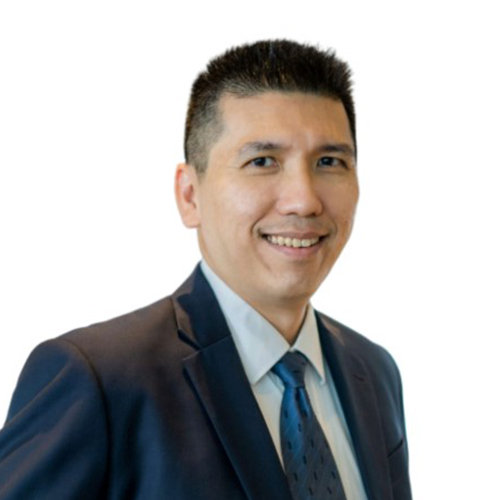 Prof Winston Chow
Professor of Urban Climate,
Singapore Management University & Co-Chair Working Group II, Intergovernmental Panel on Climate Change  |
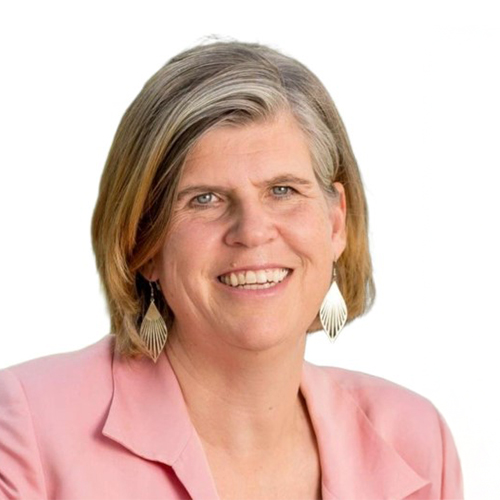 Meike van Ginneken
Water Envoy,
Kingdom of the Netherlands  |
 Lykke Leonardsen
Programme Director,
Resilient and Sustainable City Solutions, City of Copenhagen  |
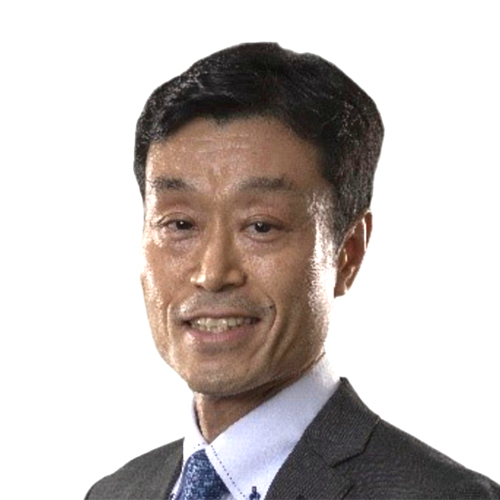 Norio Saito
Senior Sector Director,
Water and Urban Development Sector Office, Sectors Department 2, Asian Development Bank (ADB)  |
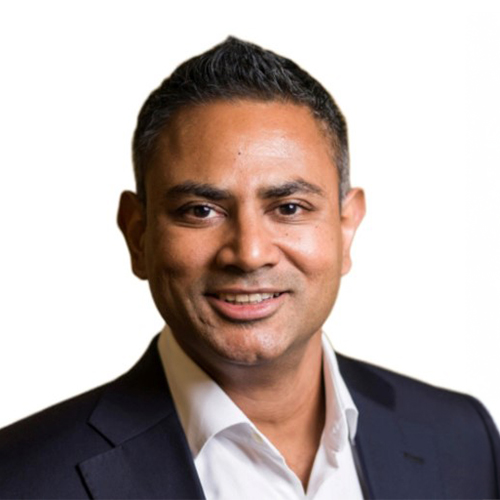 Dave Sivaprasad
Managing Director and Partner,
Boston Consulting Group (BCG)  |
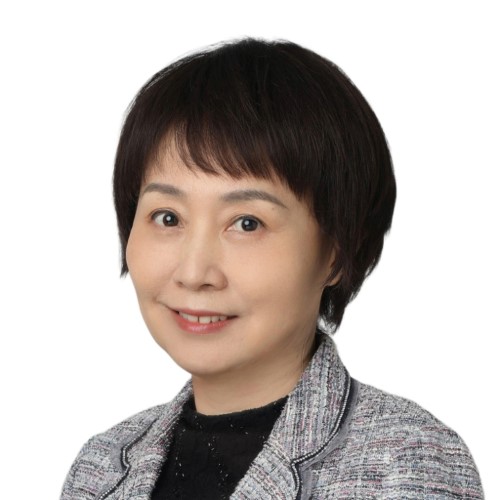 Prof Jing Peng
President,
China Institute of Water Resources and Hydropower Research (IWHR)  |
Moderator
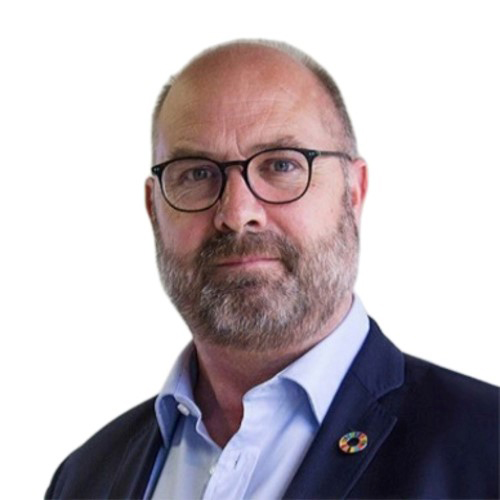  |
Panel 2 – Flood-Resilient Cities: How Do We Get There?
Date: TUESDAY, 24 JUNE 2025
Time: 11:00 AM – 12:30 PM
Improving city resilience to floods and extreme weather events requires a comprehensive approach that combines infrastructure enhancements, proactive urban planning, and community engagement. Cities must invest in robust drainage systems, flood barriers, and climate-adaptive buildings, while incorporating green solutions like permeable surfaces, urban forests, and restored wetlands to manage stormwater and reduce flood risks. Early warning systems, coupled with well-defined emergency preparedness plans, are crucial for minimising damage and protecting lives. Strategic zoning regulations and sustainable land-use practices help prevent development in flood-prone areas, while community-based resilience initiatives ensure that residents are informed and prepared. By leveraging data, advanced modeling, and fostering collaboration across sectors, cities can strengthen their capacity to withstand extreme weather, and ultimately creating safer environments for their communities.
Speakers
- Prof Vladan Babovic, Professor, National University of Singapore
- Julia Fraser, East Asia & Pacific Regional Practice Director, Planet Director, World Bank Singapore Office
- Dr Ioan Nistor, Professor, Hydraulic and Coastal Engineering, Department of Civil Engineering, University of Ottawa and IAHR Lead Team on Resilience and Disasters
- Stefan Szylkarski, Executive Vice-President, DHI
- Mok Wing-cheong, Ringo, Director, Drainage Services Department, Hong Kong SAR
- Dr Virginia Newton-Lewis, Head of Water and Development, Grundfos Foundation
Moderator
- Murali Ram, Regional Director for East Southeast Asia & Oceania at C40 Cities Climate Leadership Group
Speakers
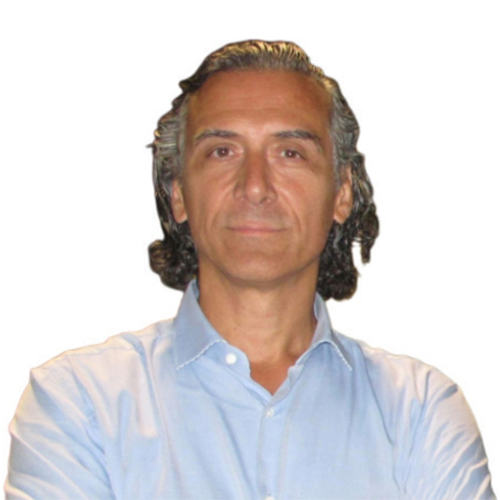  |
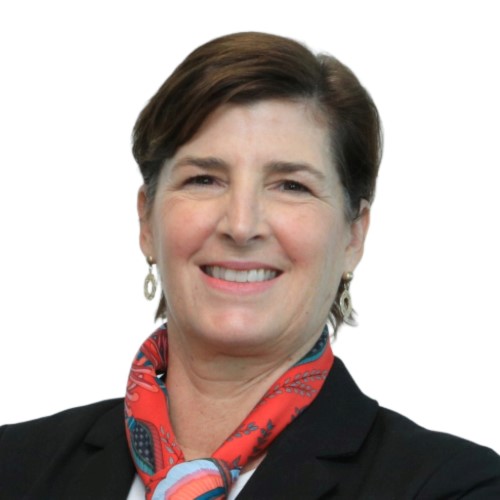 Julia M. Fraser
East Asia & Pacific Regional Practice Director,
Planet Director, World Bank Singapore Office  |
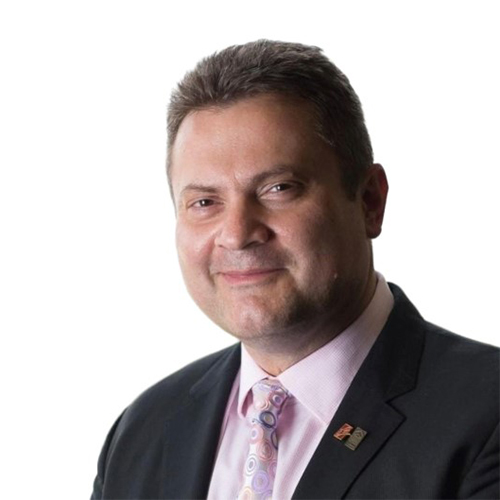 Dr Ioan Nistor
Professor,
Hydraulic and Coastal Engineering, Department of Civil Engineering and IAHR Lead Team on Resilience and Disasters, University of Ottawa  |
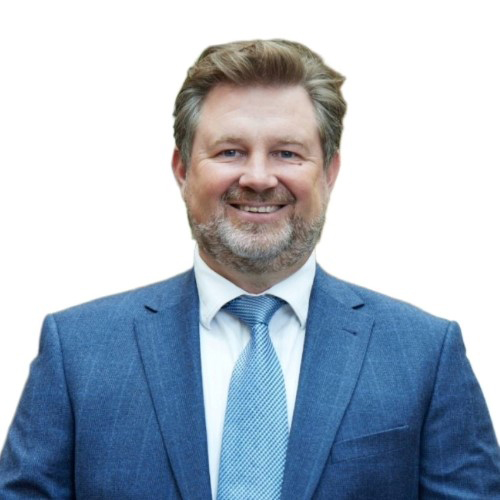 Stefan Szylkarski
Executive Vice-President,
DHI  |
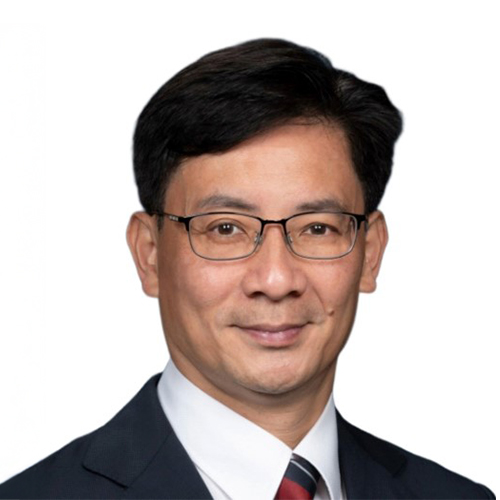 Ringo Mok Wing-cheong
Director,
Drainage Services Department, Hong Kong SAR  |
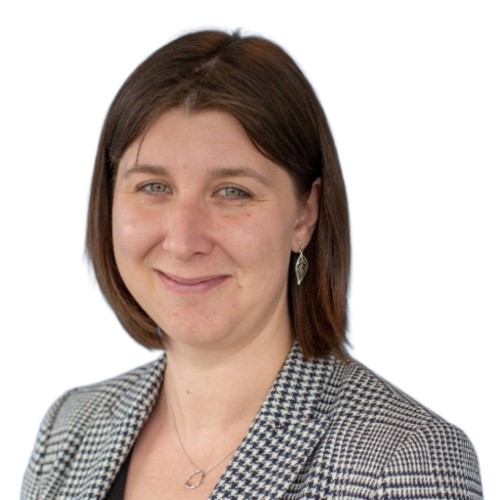 Dr Virginia Newton-Lewis
Head of Water and Development,
Grundfos Foundation  |
Moderator
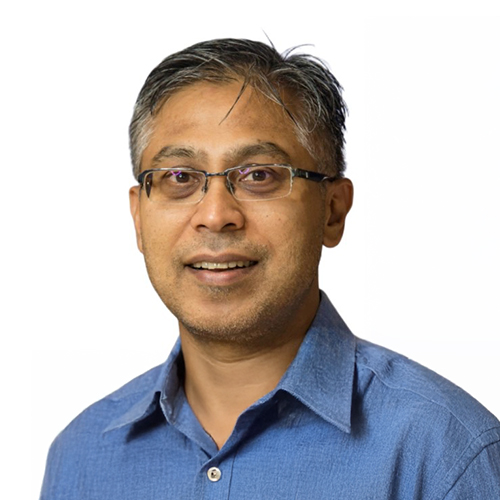 Murali Ram
Regional Director,
East Southeast Asia & Oceania, C40 Cities Climate Leadership Group  |
Panel 3 – Empowering a Just and Inclusive Energy Transition: The Strategic Role of Hydropower
Date: WEDNESDAY, 25 JUNE 2025
Time: 9:00 AM – 10:30 AM
Convenor: Itaipu Binacional
Hydropower stands out as a renewable, low-carbon energy source, playing an important role in driving a just and inclusive energy transition. Not only does it significantly reduce greenhouse gas emissions and help mitigate climate change, but its operational flexibility is essential for balancing the intermittency of other renewables such as solar and wind, ensuring a stable and resilient grid.
For this development to be truly sustainable, it is crucial to integrate social and environmental dimensions into every phase of the energy transition. A just transition must ensure that all communities—especially those historically marginalized—benefit from the shift toward clean energy. This inclusive approach calls for open dialogue on innovative technologies, governance strategies, and practices that minimize socio-environmental impacts while fostering equity and social justice.
At the IAHR World Congress high-level panel, industry leaders from major power companies, pioneers in sustainability initiatives, and renowned experts will come together to explore how hydropower can serve as a catalyst for an energy transition that is both environmentally responsible and socially just. Through a dynamic exchange of experiences and perspectives, participants will gain comprehensive insights into the pathways toward a cleaner, safer, and more inclusive energy future.
Join us for this essential debate on the future of sustainable energy. Engage with experts, decision-makers, and industry professionals at the IAHR high-level panel and help shape the transformative role of hydropower in advancing a just and inclusive energy transition that benefits everyone.
| 9:00 AM – 9:05 AM | Opening Remarks – Itaipu Binacional - Brazil and UNESCO |
| 9:05 AM – 9:35 AM |
Institutional Insights
Each of the institutions (IHA/Sarawak Energy, Itaipu Binacional - Brazil, Itaipu Binacional - Paraguay, IAHR Ecohydraulics TC, IAHR Hydraulic Structures TC) gives a 5-minute presentation or statement on their contributions and vision. |
| 9:35 AM – 10:20 AM | Roundtable Discussion and Q&A from the Audience |
| 10:20 AM – 10:30 AM | Final Remarks – UNESCO |
Speakers
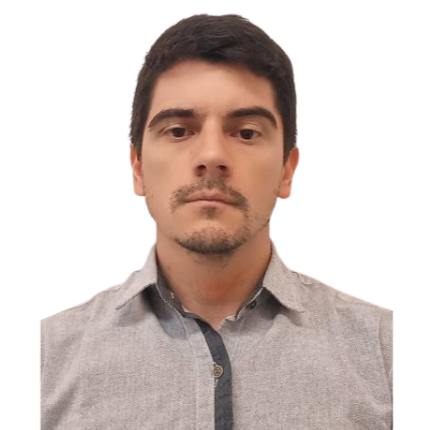 Daniel Vázquez
Civil Engineer,
Itaipu Binacional - Paraguay  |
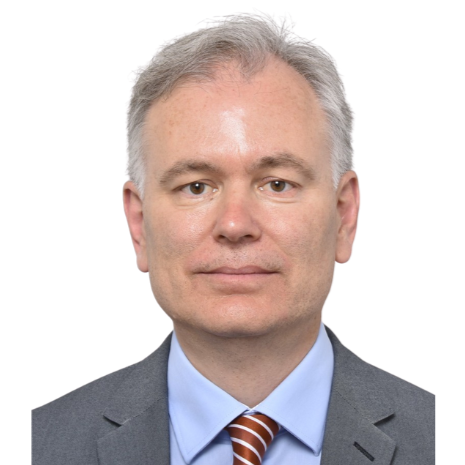 Helmut Habersack
Chairholder,
UNESCO Chair on "Integrated River Research and Management"  |
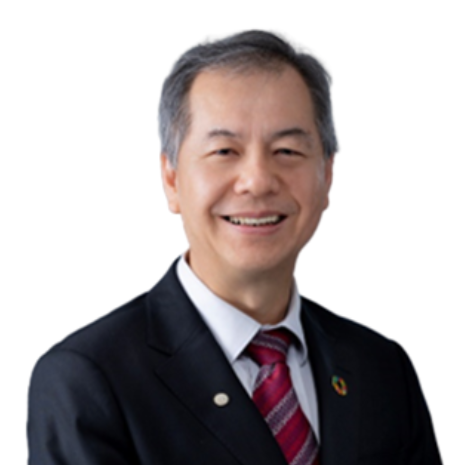 James Ung Sing Kwong
Group Chief Operating Officer (COO),
Sarawak Energy (also representing the International Hydropower Association – IHA)  |
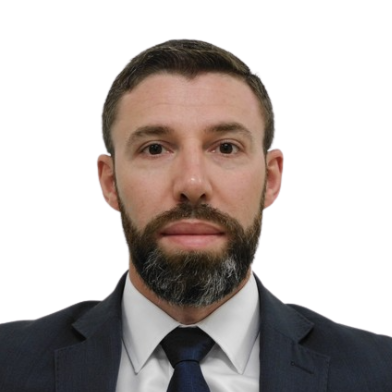 Joni Madruga Garcia
Assistant to the Brazilian Technical Director,
Itaipu Binacional - Brazil  |
 Silke Wieprecht
Professor for Hydraulic Engineering and Water Resources Management,
University of Stuttgart and IAHR  |
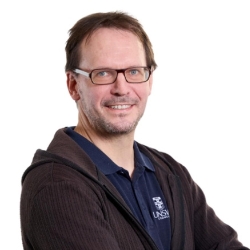  |
Panel 4 – From Digital Acceleration to Real-World Impact: Scaling Innovation in Water Engineering
Date: WEDNESDAY, 25 JUNE 2025
Time: 11:30 AM – 1:00 PM
Convenor: Suez
Digital transformation is reshaping the water sector, unlocking new possibilities for sustainable and resilient water management.
This session will spotlight real-world use cases demonstrating how cutting-edge technologies—such as AI, IoT, digital twins, and big data analytics—are driving efficiency, sustainability, and climate resilience in hydro-environment engineering.
Beyond current applications, we will explore emerging trends shaping the future of water engineering, from autonomous systems to predictive analytics. Crucially, the session will address what policymakers and decision-makers should anticipate in this rapidly evolving landscape, ensuring that regulatory frameworks, investments, and governance structures align with the digital future of water management.
Join us to discover practical insights, strategic foresight, and policy considerations that will define the next chapter of digital transformation in the hydro-environment sector.
| 11:00 AM - 11:30 AM |
Opening Remarks
Olivier Pison, Head of SUEZ Digital Solutions Asia, Convenor |
| 11:35 AM - 11:50 AM |
Institutional Insights - The Five pillars of Digital transformation
Prof. Amparo López Jiménez, Director of the Department of Hydraulic and Environmental Engineering, Universitat Politècnica de València [Confirmed] |
| 11:50 AM - 12:50 PM |
Panel Discussion
5 pillars or accelerators for digital transformation (remote sensing, on-site sensors & IOT, Advanced physical models, IA/Machine Learning, and Digital Twins) Moderator: Olivier Pison [Confirmed] Presentations/ Panel Discussion:
|
| 12:50 PM - 1:00 PM |
Prof. Orazio Giustolisi, Full Professor, Politecnico di Bari [Confirmed]
Speakers
|
Speakers
 Prof. Amparo Lopez Jimenez
Professor,
Technical University of Valencia (UPV) Vice-President IAHR  |
 M. Kim Shin LIM
Chief Information Officer, PUB,
Singapore’s National Water Agency  |
 Douglas Graham
VP Modelling Software and Engines,
DHI group  |
 Prof. Soon-Thiam Khu
Chair Professor,
Tianjin University  |
 Prof. Orazio Giustolisi
Full Professor,
Polytechnic University of Bari Chair of 2027 IAHR World Congress  |